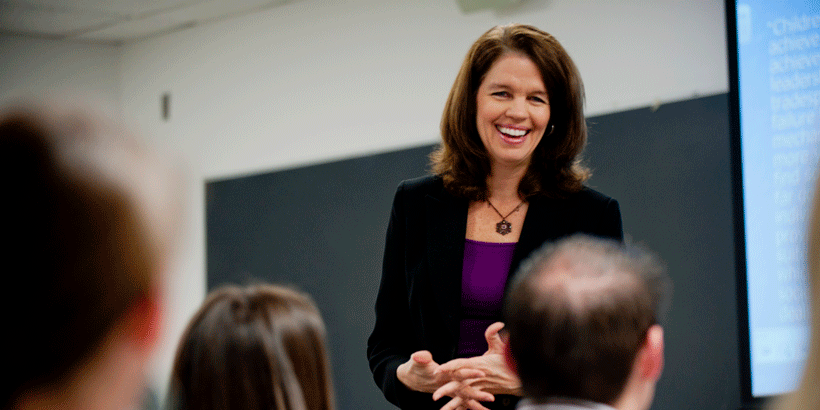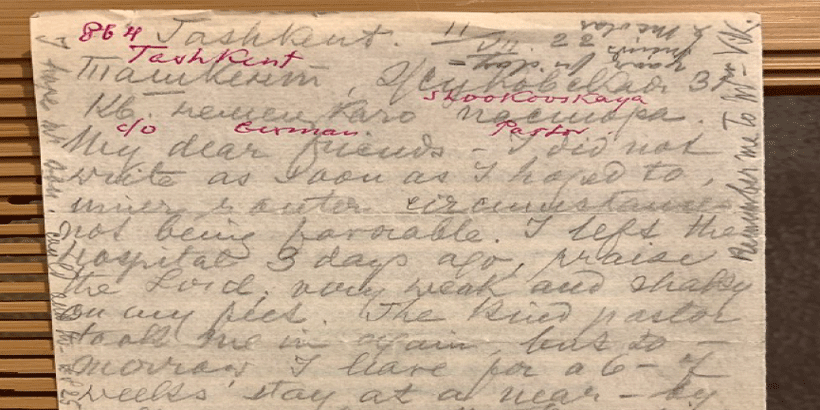Conducting Undergraduate Research: Humanities and Teacher Education
Students have innumerable things to consider as they enter college. Many begin college with no experience in the world of research, and they’re unsure of whether they should pursue a research opportunity as an undergraduate.
At Pepperdine, undergraduate research opportunities are accessible in every academic division. Working under the guidance of one or more faculty members, many students ultimately find undergraduate research to be one of the highlights of their college career. Within the Humanities and Teacher Education Division, research is an important investment in the future of our world.
Pepperdine’s commitment to providing exceptional education includes supporting meaningful undergraduate research programs through internal and external grants. One of these internal grants is the Academic Year Undergraduate Research Initiative (AYURI), which supports faculty-student research collaborations across all academic divisions. If their proposal is accepted, faculty members receive funding to work with the student on research while eligible students receive a scholarship. Students that receive AYURI funding present at the annual Seaver College Research and Scholarly Achievement Symposium.

Research Topics
The possibilities for research topics in humanities and teacher education are nearly endless. This semester AYURI grants funded 20 unique and diverse research projects. The humanities and teacher education projects were led by associate professor of teacher education Carrie Wall with student Nadine Borum and associate professor of history Sharyl Corrado with student Lauren Whittington.
Wall and Borum conducted research at a local Title 1 elementary school serving a large percentage of families in poverty. Through questionnaires and Zoom interviews with teachers and various staff members, they sought to learn more about what unique challenges the students and families faced during the pandemic and how the school supported them using a trauma-informed approach.
When Corrado read the memoir of a Russian Protestant missionary named Jenny de Mayer more than 20 years ago, she dreamed of someday researching and writing Mayer’s biography, but only recently was she able to find the information she needed to begin doing so.
“In June 2019, on a shelf in a community center in Switzerland, I found a treasure trove of over 2,000 letters and postcards written by Mayer to family members,” Corrado shares. “Lauren is a history major and a religion minor, so it was only natural to ask her to work with me on the project. Last summer, along with another history major, Rachel Stenz, we focused on deciphering the handwriting and putting the letters in context, so that we can publish them online.”
Research Roles
As each research topic is unique, so is each professor-student research relationship. Partnerships arise informally; a student might reach out when they see a professor researching a topic they’re passionate about, or a faculty member might identify students in their classes that they think would excel at or bring something new to a project.
Wall and Borum’s collaboration came about when Borum took Wall’s class online. Wall knew she wanted a student to partner with on this project, and she knew Borum had a heart for this avenue of study. After seeing how professional and responsible Borum was in class, she approached her about joining the research.
As the relationships differ, so do the roles. Sometimes students will lead the research with the faculty there to assist while other times, like in the case of Corrado and Whittington, students will help faculty with ongoing research. Individual tasks of students can differ as well.
“My role in the research consists of transcribing Jenny’s letters, researching any content that raises questions, taking notes on them, and logging them,” shares Whittington.
Borum’s role is similar to Whittington’s. She reads data collected from the teachers at the studied school, sifts through responses to questionnaires, cleans up transcripts of video interviews for analysis, and codes the data, looking for themes and patterns along the way.

Real-World Application
Students and faculty alike herald the benefits of undergraduate research experiences.
“It makes real what we study theoretically in the classroom,” Corrado shares. “For example, these aren’t hand-picked documents that a professor assigned to make a point. These are simply a woman’s letters to her family about her life—which was impacted by the Russian Revolution, World War I, the Spanish flu, the Great Depression, and dispensationalism.”
Borum adds, “I was hesitant to do research because I don’t think of myself as a research person, but, through the process, I realized that research doesn’t have to be on obscure, boring subjects. It’s meaningful and can add an extra dimension to things that you’re already passionate about.”
In addition to the research itself, students have the opportunity to gain professional presentation experience through the annual Seaver College Research and Scholarly Achievement Symposium, where students share their findings. One of Jenny de Mayer’s distant relatives found Whittington’s presentation online and emailed her to thank her for her work. Some faculty-student research teams also submit their findings to other professional conferences, giving students additional hands-on experience in the research submission and presentation process.
Broadly, undergraduate research experiences can complement classes and internships to greatly enrich a student’s academic career and give them tools to succeed long after their college days are over.
“I think having research experience is so important as an undergraduate,” shares Whittington. “The ways in which my research have overlapped with what I’ve been learning in my major and minor have brought me so much joy and really tied together my overall experience as a student.”